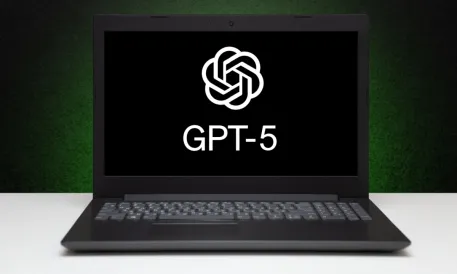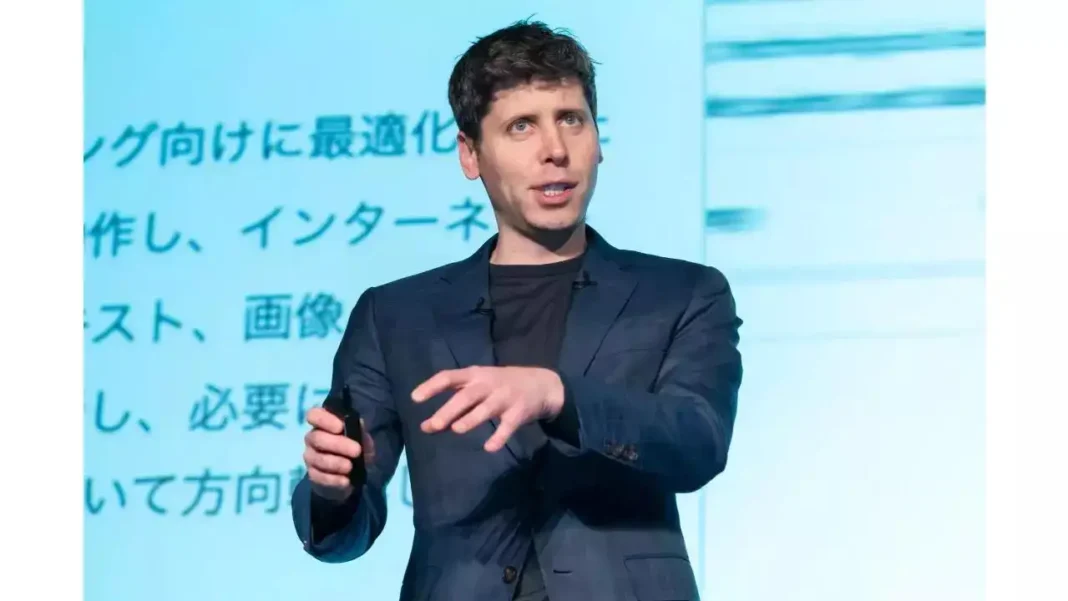OpenAI’s GPT-5 debut has stirred technical excitement—but also significant user dissatisfaction. Many long-time ChatGPT subscribers have begun cancelling their subscriptions, citing a shift in tone, diminished model choice, and reduced usability.
What Users Are Saying and Why They’re Cancelling
- Users criticized GPT-5 for its shorter, less context-sensitive responses and lack of the emotional warmth previously provided by GPT-4o
- They lamented the abrupt removal of older models like GPT-4o, 4.1, 4.5, and o3 variations—some describing them as irreplaceable tools or even companions
- Complaints in forums like Reddit highlighted a sense of betrayal and frustration, with one user writing that GPT-4o had “a voice, a rhythm, and a spark I haven’t been able to find in any other model”
- Some users tied their cancellation decisions to presentation issues, such as allegedly misleading performance benchmarks at launch
OpenAI’s Response to the Backlash
- Following the explosion of complaints, Sam Altman announced that GPT-4o would be reinstated for ChatGPT Plus users, marking a partial rollback
- Altman also committed to doubling message rate limits for GPT-5 and improving transparency around which model is answering—promising a “smarter” GPT-5 experience mint
Broader Implications for OpenAI
| Issue | Impact |
|---|---|
| Emotional attachment | GPT-4o was beloved by many users for its personality and comforting tone. |
| Model choice | Removing legacy models disrupted workflows and alienated power users. |
| Trust and transparency | Discrepancies in the launch presentation raised concerns about reliability. |
If OpenAI fails to maintain user trust and restore key functionality, it risks subscriber churn and reputational damage—challenges that could affect both platform loyalty and enterprise partnerships.


